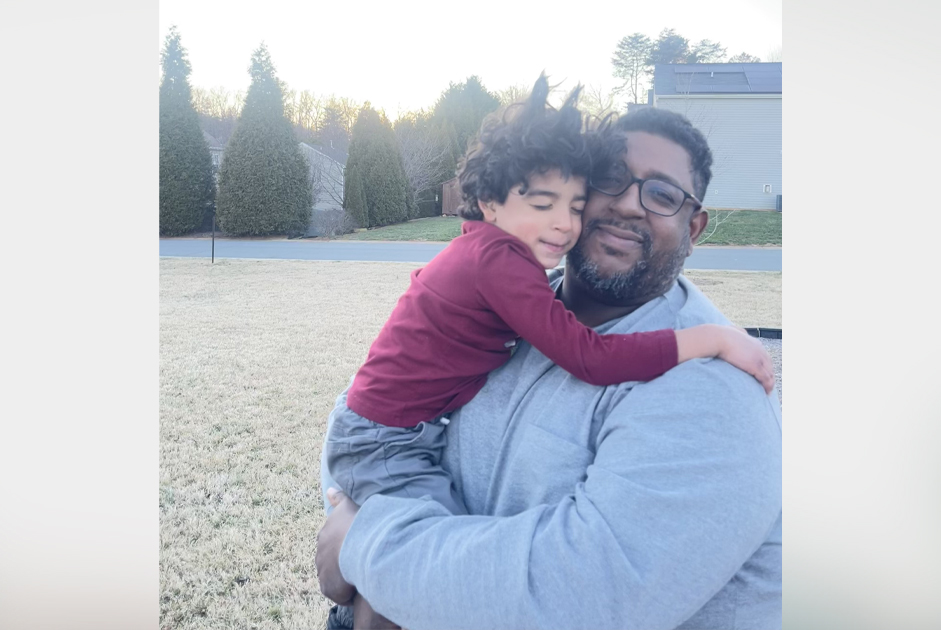There I am staring at a blank word doc. Already, I can hear the voice of some parody of my 6th-grade teacher. She’s fierce, with bulging eyes, snapping the white board with a wooden pointer; the board reads in big, bold letters, “HOOK.” She says, “You’ve got about seven words before your reader gets bored!” Great. I place my fingers on the keyboard, a sloppy sentence comes out and I delete it quickly with a wince and a glance over my shoulder, hoping no one saw that travesty of a sentence. I change a word, read it, hate it, delete it, repeat. Glancing at the time, I panic a bit and pull out my assignment sheet. Rules, restrictions, and requirements, pop out at me, tangling up my brain, stomping on half-formed thoughts and hopeful ideas. Nightmare! I’ll do it tomorrow night.
With all of these voices in my head, I find it so. hard. to. just. start. typing. out. the. words. that. I. want. to. say. It’s paralyzing. A lot of people call this writer’s block; I call it a nightmare. Sure, I’ve learned a lot about how to get going and I’ve got some advice to give, but here’s the thing: there are always voices in my head that bother me every time I start to write—the key is learning to quiet them.
Here’s a metaphor for you: a piece of writing is like a raindrop on water. It starts as a little bundle of knowledge and ideas hitting the page and ripples up, down and to both sides until it’s done growing and settles down. The process of writing doesn’t have to begin at the intro and end at the conclusion. Often, I just pound out everything I want to say on my topic and see what I have to work with. Sometimes the last sentence I write is the one I use as the hook.
“Stop, stop, that’s not smooth, the syntax is all wrong: redo!” My teacher pops up in my head before I even touch my keyboard. How am I supposed to get anything done if I have to wait until I have figured out every word of my sentence before I write it? Writing a sentence should be like kneading a hunk of clay: you’re just getting it ready; later you can shape it into something distinguishable. The first draft of any piece of writing should be a complete disaster: messy, badly formed, random thoughts here, misspellings over there. Now, if you speak a sentence there is no way to take it back and start again; you have to accept what you said and continue. With writing you get to make any mistakes you want and have the ability to delete them: never to be seen again—ever! Meticulously crafting sentences one by one is like using a pen while trying to sketch a face. You get super attached to the sentence and it is not easily erased when you realize it is irrelevant or is taking the piece in a bad direction. Try resolving the whole structure and direction of the piece before going over the sentences in ink. If you do fall in love, try to eliminate the emotional connection—act like it isn’t your writing or take a day and come back to see it from a new perspective.
When I was starting my paper, along with listening to the voices in my head and worrying about a hook, stressing about all the requirements that go with the writing was a major mistake. Worrying about the word count, the rubric, the syntax, would be like drawing the outline of the face in ink, then trying to cram all the features inside. New writers develop syntax and word choice; experienced ones develop ideas. Many start writing with the purpose of seeing where the writing takes them: they are sketching out the nose, experimenting with the eyes; some parts will be irrelevant, some ill- formed, but some will be golden. Those golden ideas could not have been reached if the writers spent all of their time staring at a blank word doc, worrying about their first sentence.




















